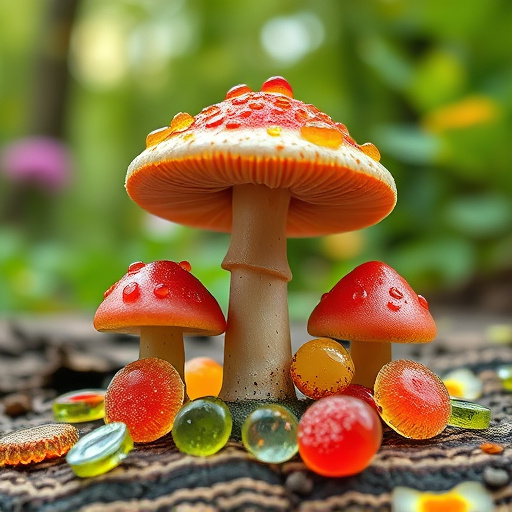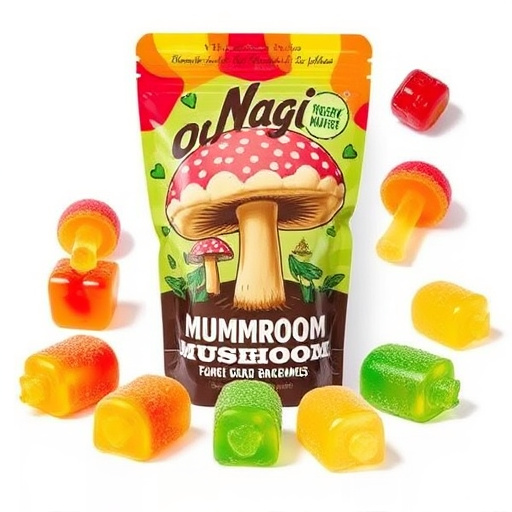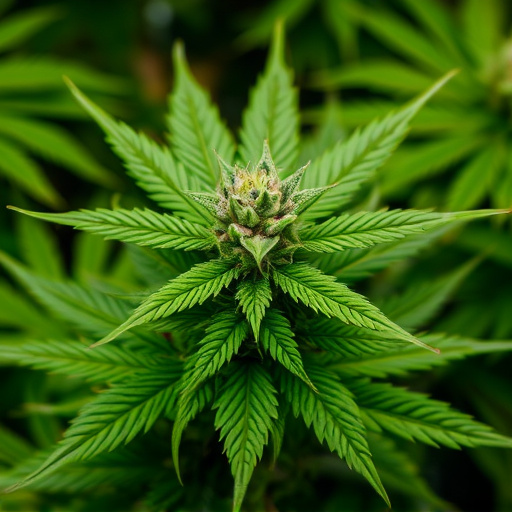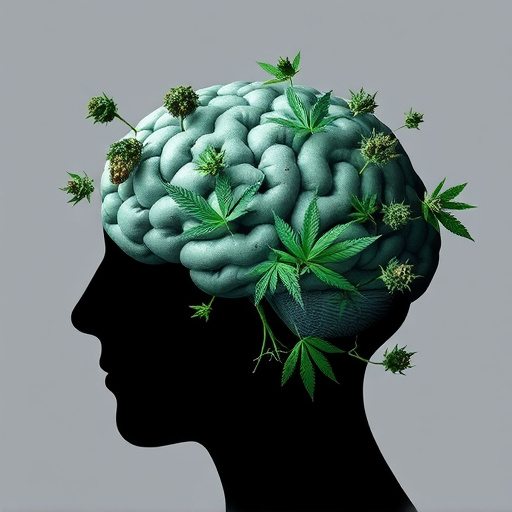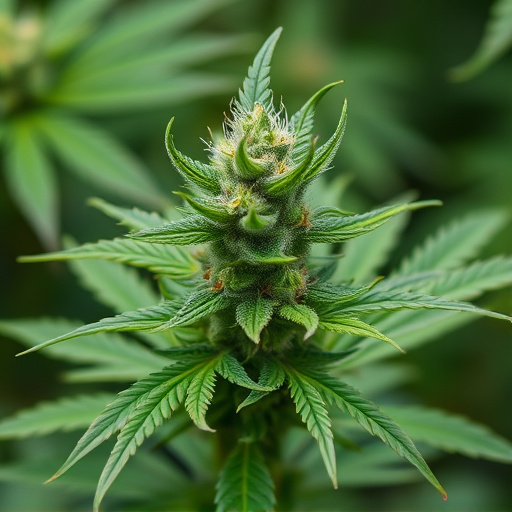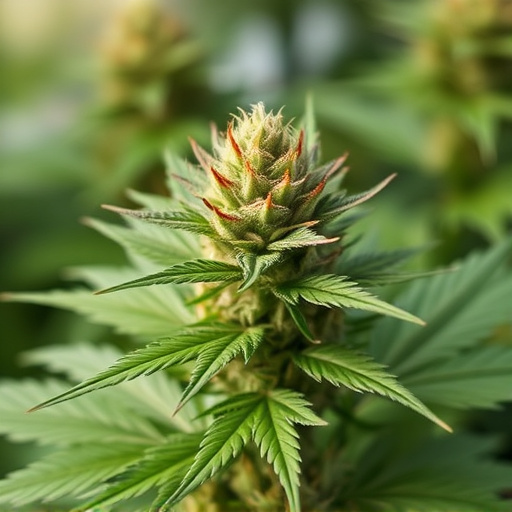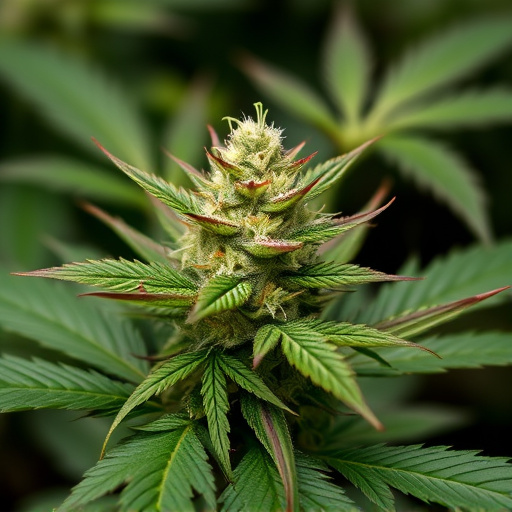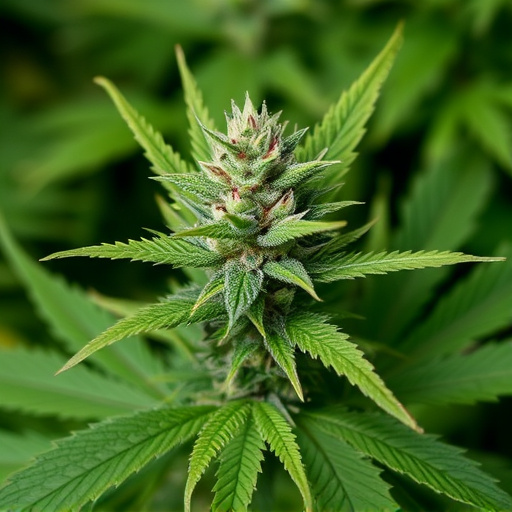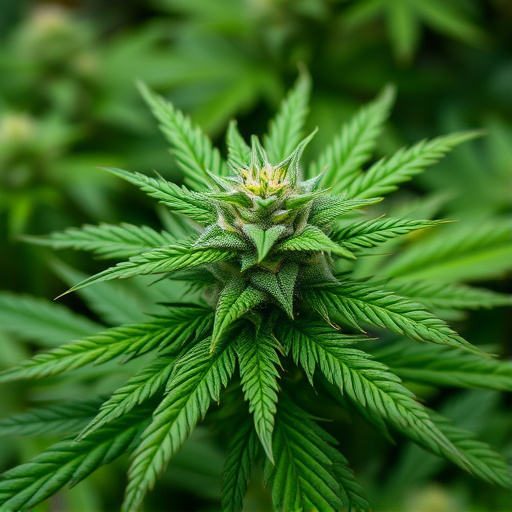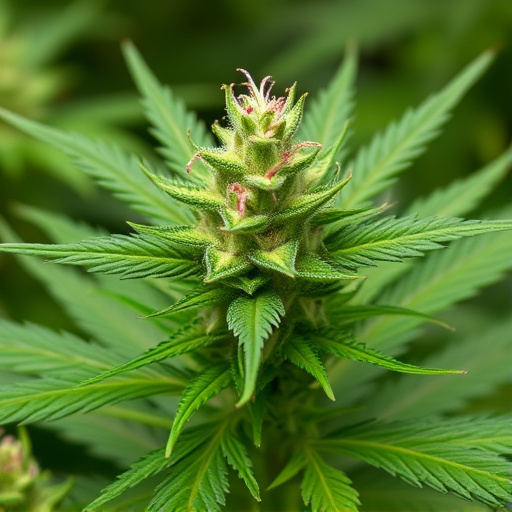Cannabis, especially its diverse modern strains, is gaining attention as a potential natural treatment for Attention Deficit Hyperactivity Disorder (ADHD). High-CBD, low-THC strains interact with the brain's endocannabinoid system to reduce hyperactivity and impulsivity, offering a fun and therapeutic alternative to traditional medications. Responsible cannabis use can help manage ADHD symptoms, enhance focus, and reduce fidgeting, while also potentially improving mood, anxiety, and sleep quality. However, individual effects vary, so supervised and informed usage is crucial.
In today’s evolving landscape, cannabis has emerged not only as a medicinal resource but also as a recreational tool for many. This article delves into the motivations behind people’s fun usage of cannabis, exploring its role in managing ADHD symptoms through specific strains. We will discuss responsible use guidelines and highlight potential mental health benefits associated with this ancient plant. By understanding cannabis from these perspectives, we can foster informed decisions regarding its application.
- Understanding Cannabis as a Recreational Tool
- Cannabis Strains and Their Role in Managing ADHD Symptoms
- Responsible Use and Potential Benefits for Mental Health
Understanding Cannabis as a Recreational Tool
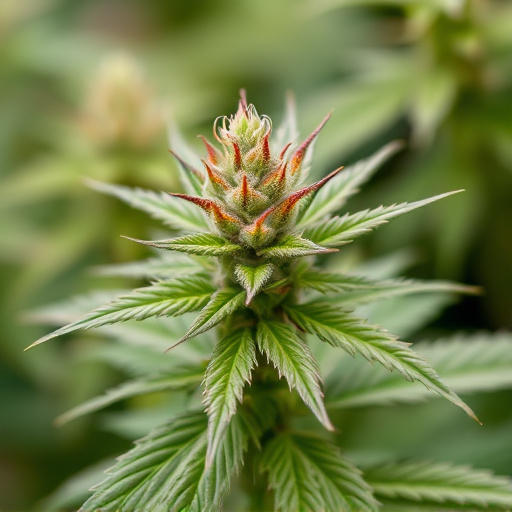
Cannabis has long been associated with medicinal purposes, but its role as a recreational tool is an increasingly recognized aspect of modern culture. For many, cannabis provides a means to unwind and relax, offering a unique sensory experience that can enhance leisure activities. This plant, with its diverse strains, each possessing distinct chemical profiles, allows individuals to tailor their experience based on personal preferences and desired effects.
One specific area where cannabis has gained attention is its potential use in managing symptoms of Attention Deficit Hyperactivity Disorder (ADHD). Certain high-CBD, low-THC strains are believed to offer calming properties without the intense psychoactive effects associated with higher THC levels. This alternative approach to recreational use could be a game-changer for individuals seeking natural ways to alleviate ADHD symptoms, providing a fun and potentially therapeutic experience.
Cannabis Strains and Their Role in Managing ADHD Symptoms
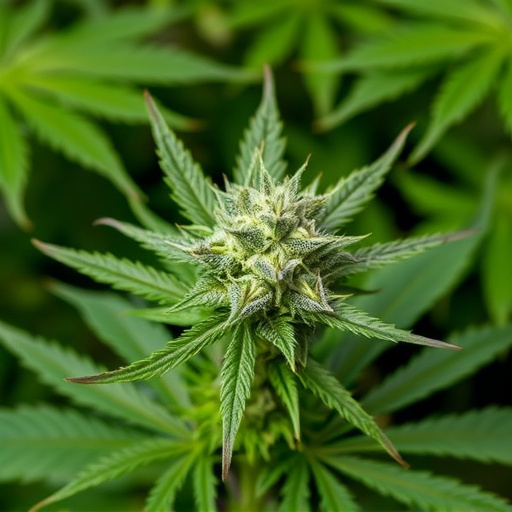
Some people with Attention Deficit Hyperactivity Disorder (ADHD) find that certain cannabis strains can help manage their symptoms. Cannabis strains rich in CBD (cannabidiol), a non-psychoactive compound, have been shown to reduce hyperactivity and impulsivity by interacting with the endocannabinoid system in the brain. These strains may offer a natural alternative for those looking to minimize reliance on traditional medications like Ritalin or Adderall.
Additionally, specific cannabis strains known for their high THC (tetrahydrocannabinol) content can induce a sense of calm and focus by stimulating the release of dopamine, potentially helping individuals with ADHD improve concentration and reduce fidgeting. However, it’s important to note that cannabis should be used responsibly and under medical supervision, as different strains can have varying effects on each individual.
Responsible Use and Potential Benefits for Mental Health
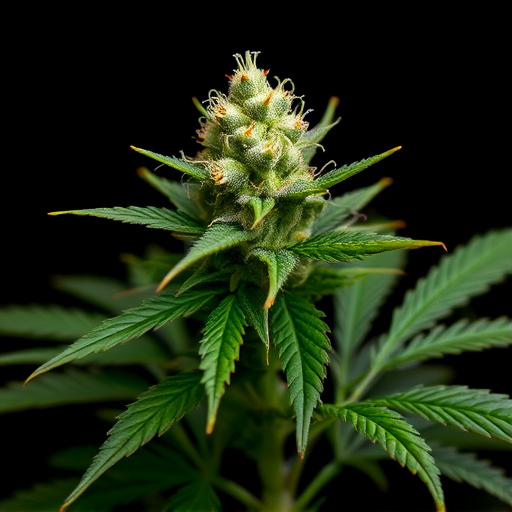
Responsible use of cannabis has gained traction as an alternative approach to managing various health conditions, including mental health disorders. While recreational use is a significant aspect of cannabis engagement, many individuals explore its therapeutic potential. For example, certain cannabis strains are known for their ability to alleviate symptoms associated with Attention Deficit Hyperactivity Disorder (ADHD). These strains can offer a natural way to enhance focus and reduce impulsivity, providing a different perspective on managing this condition.
The potential benefits extend beyond ADHD. Cannabis compounds, such as CBD, have been linked to improved mood, reduced anxiety, and better sleep quality—all of which are common challenges in various mental health disorders. However, it’s crucial to emphasize responsible use and seek professional guidance. Different strains suit different individuals, and proper knowledge ensures users make informed choices, reaping the potential benefits while mitigating risks.
Cannabis has emerged as a versatile tool, offering both recreational enjoyment and potential therapeutic benefits. While its use for mental health purposes, particularly in managing ADHD symptoms through specific strains, requires careful consideration and further research, responsible use can contribute to improved well-being. Understanding the unique effects of different cannabis strains allows individuals to make informed choices, enhancing their ability to relax, focus, or manage certain conditions. As with any substance, moderation and knowledge are key to harnessing the positive aspects of cannabis while mitigating potential risks.




